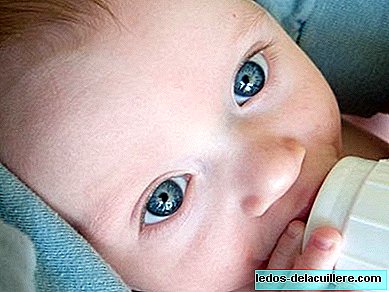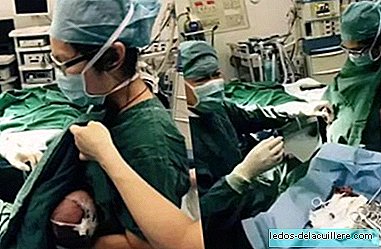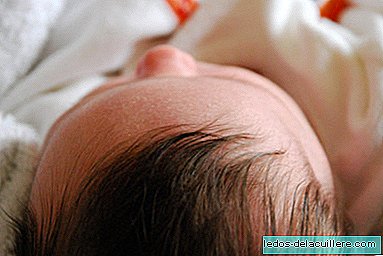
Many things are known about breastfeeding and it is known that there are still many things to know. Similarly, many things are known about infant formulas, better known as "artificial milk" and we know that there are still many things to know, especially since most studies related to these preparations are those carried out by the same companies that manufacture them.
A recent study conducted by the University of the Basque Country and the Karolinska Institute in Stockholm (Sweden) has decided to compare breastfed babies with babies who drink formula milk to see how the type of feeding of babies affects cardiovascular risk when they grow up.
The results are what we commented in the title: Babies who drink artificial milk have a 6% higher cardiovascular risk and they show worse values in aerobic capacity, worse cholesterol levels, inflammation and systolic pressure (what we know as "high figure" when we look at tension) than babies who drink breast milk.
More information about the study
The study has been published in the magazines The American Journal of Clinical Nutrition and in Archives of Pediatrics and Adolescent Medicine. To carry it out, tests and surveys have been carried out on 1,025 children aged 9 and 10 and 971 adolescents aged 15 and 16.
To specify a little more, they were tested for blood, the mother was asked about the period of breastfeeding, the children were measured and weighed, their aerobic capacity was also measured, which It has been described as one of the most reliable indicators when predicting mortality, and the child's pubertal status, BMI, physical activity, level of maternal education and the weight of children at birth were taken into account to try to take into account all the variables that could cause the results to be falsified .
The best results are obtained with breastfeeding up to three months

According to the researchers, the best results, or rather, the maximum benefits of breast milk are achieved with exclusive breastfeeding for three months, there being not much difference between children who were breastfed three months and those who were breastfed six months.
As a curiosity, the study was conducted with Swedish children because in Spain (researchers say) few mothers breastfeed their babies during the first three months, while in the Nordic countries maternal casualties are much longer and there is a possibility that Nurses come to the home to help mothers breastfeed.
The current reality is not exactly this, because certainly there are now many mothers who breastfeed for three and more months, but of course, the study is done with children up to 15 and 16 years, and 15 or 16 years ago, certainly, they should very few mothers who breastfed until three or six months.
In conclusion to the study
The researchers conclude their study by commenting that Breastfeeding has a beneficial effect on children's cardiorespiratory health (and consequently artificial milk has a minor effect) and it is important at the public health level to help mothers who want to breastfeed so that they can do so.
For their part, they commit to continue studying the Swedish (and Estonian) children studied to continue measuring cardiovascular risk as they grow.
We need to know (in the summary of the study I have not seen it) if they have taken into account the current feeding of each child at the time of seeing the results. I guess so, maybe they do not specify it as obvious, because if they have not taken it into account the reliability of the study will be nil.












